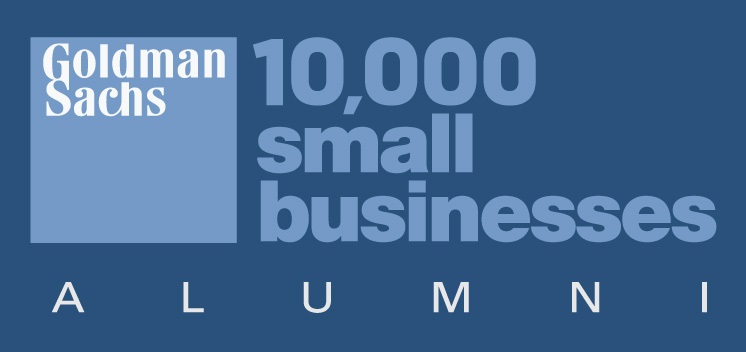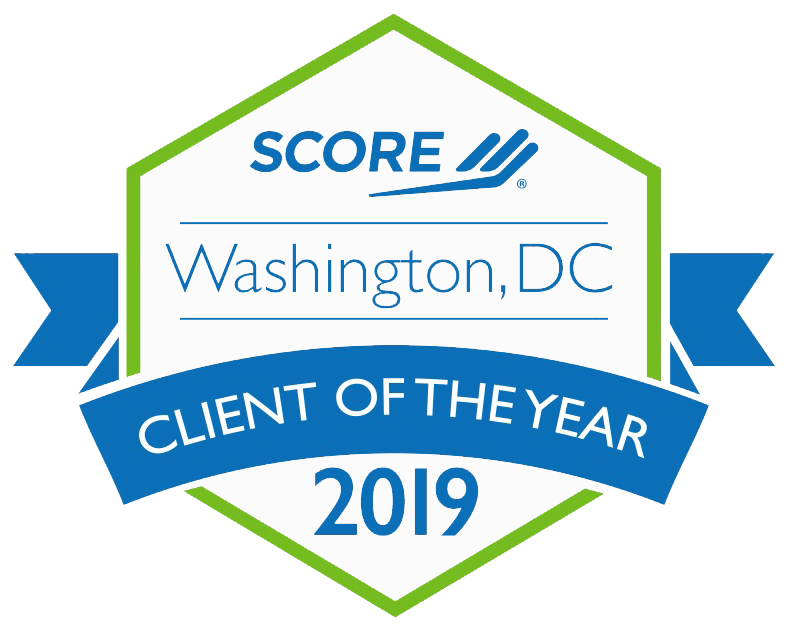When I have served as a grant reviewer, I have clicked my tongue in astonishment about the poor quality of proposals that I have reviewed. As someone who has worked in this industry for over 13 years, I have seen a wide range of proposals. However, I am sure you can get very frustrated when you hire an in-house or consultant grant writer who may even have a PhD in English or have written grant proposals for over 20 years, and can still not have success. What is the deal?! While a well-written grant proposal will raise the bar in terms of your level of competitiveness, there are many other factors to consider. Let’s discuss……
- Program Design – Does your program or project make sense? Does it speak to the funder’s priorities and align with their strategic goals and yours? Have you carefully thought through the sustainment of the program/project? A well-written proposal cannot mask a haphazard program design that is not well intentioned and clear.
- Budget – Do your financials line up with your program/project goals? Does your budget showcase areas of need and your organization’s commitment to ensuring the success of the program/project? Are you asking the funder to support costs that are allowed by the organization (i.e. they may not be interested in general operating support and this is the basis of your request)?
- Organizational Capacity – No matter the size of your organization, your funder requires assurance that you will be a good steward of funding and that you are able to manage the program/project implementation to the best of your abilities. As a grantee, you need to ensure that the staff are adequately trained and prepared to execute the program/project and meet the funder’s requirements. If this cannot be clearly captured by the bios of your staff and board, and documentation of previous support on similar programs/projects, you need to rethink professional development and capacity building.
- Timelines and Workplan – Are the activities clearly delineated and the timeline prepared that are in line with the fiscal year and grant period? A one-page workplan can work wonders and provide the context as to how you intend to deliver and oversee your program/project.
- Read the Instructions – This one seems so obvious. But, did you read the funder’s instructions as to how to prepare the application and provide an application that has all the requirements addressed? You would be surprised how many people do not do this step, which is the easiest one to avoid.
Happy writing!





